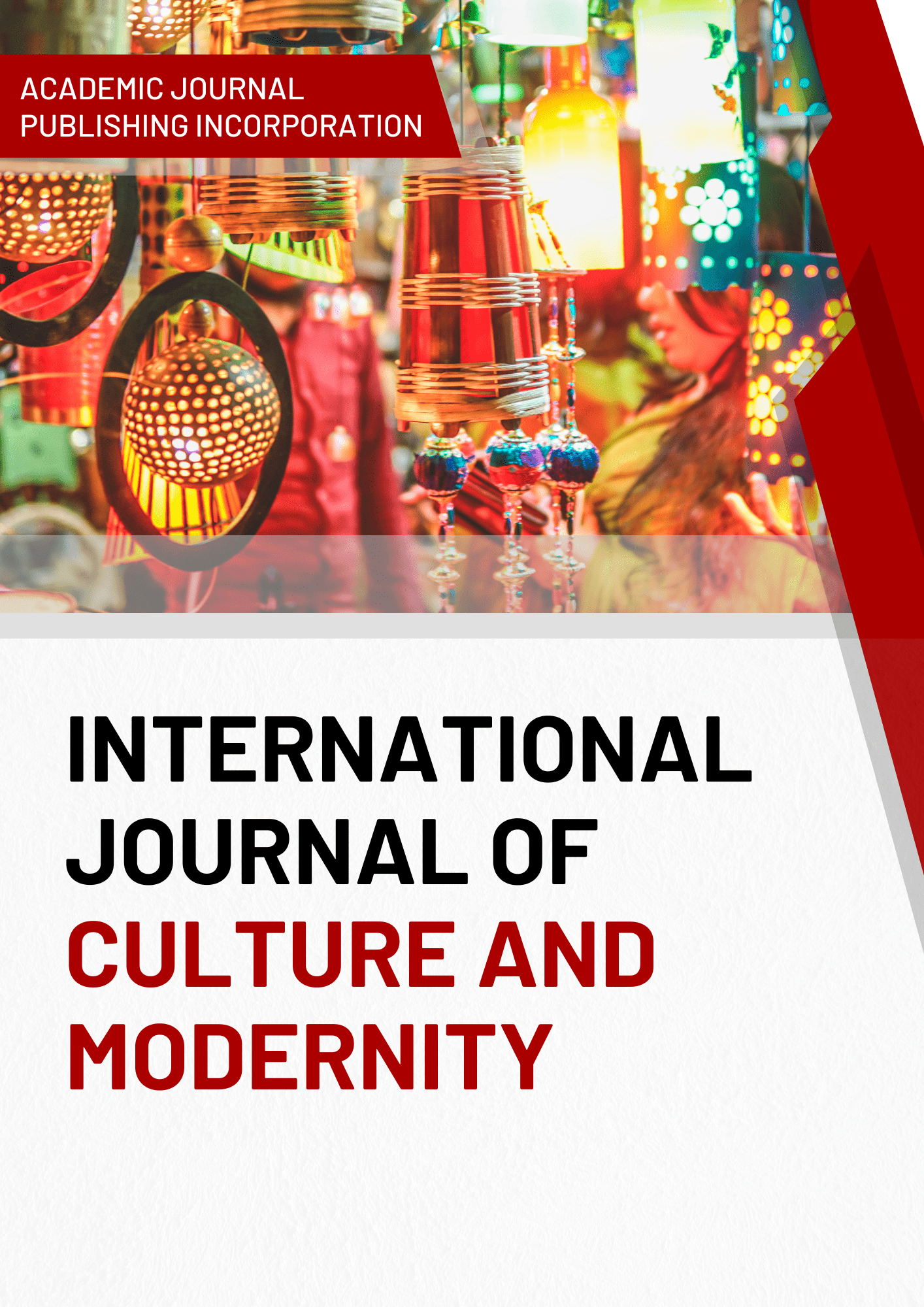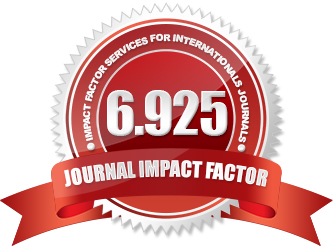Is the United Nations Redundant or Still Relevant?
DOI:
https://doi.org/10.51699/ijcm.v18i.390Keywords:
United Nations, Relevance, Role, RedundantAbstract
The Atlantic Charter of 1941 guaranteed state equality and their freedom to choose any form of government. In 1942, 26 countries signed the UN Declaration, modelled after the Atlantic Charter. The United Nations Charter was drafted by fifty countries in June 1945 in San Francisco, based on proposals made by England, the USA, Russia, and China in 1944 at Dumbarton Oaks. The UN was founded on October 24, 1945. To maintain international peace, promote social and economic development, protect the environment, assist in humanitarian aid and protect women and children's rights, the UN has expanded its activities with the help of its various agencies. I am convinced that the UN will be the world's most important international institution in the twenty-first century. There have been some successes and failures since the Charter, including failing to prevent armed conflicts that have killed, injured, and displaced millions. There's no denying the UN Security Council's apparent failures in Syria. The aim of the study is to explain is the United Nations Redundant or still relevant?
References
O’Neil, B. (1996). Power and satisfaction in the United Nations security council. Journal of Conflict Resolution, 40(2), 219-237.
Thakur, R. (2016). The United Nations, peace and security: from collective security to the responsibility to protect. Cambridge University Press.
Detrick, S. (1999). A Commentary on the United Nations Convention on the Rights of the Child. Martinus Nijhoff Publishers.
Beigbeder, Y. (2016). The internal management of United Nations organizations: The long quest for reform. Springer.
Dshurina, S. B. (2012). Has the state of war been made redundant by the UN Charter regime on the use of force? (Master's thesis, University of Cape Town).
Heyns, C., & Viljoen, F. (Eds.). (2021). The impact of the United Nations human rights treaties on the domestic level. Brill.
Weiss, T. G., & Daws, S. (Eds.). (2018). The Oxford Handbook on the United Nations. Oxford University Press.
Mearsheimer, J. J., & Walt, S. M. (2003). An unnecessary war. Foreign Policy, (134), 50.
Berdal, M. (2005). The UN's unnecessary crisis. Survival, 47(3), 7-32.
Mossinghoff, G. J. (2004). Patent Harmonization through the United Nations: International Progress or Deadlock. J. Pat. & Trademark Off. Soc'y, 86, 5.
Gareis, S. B. (2012). The United Nations. Macmillan International Higher Education.
Bodansky, D. (1993). The United Nations framework convention on climate change: a commentary. Yale J. Int'l l., 18, 451.
Davies, S. E. (2007). Redundant or essential? How politics shaped the outcome of the 1967 protocol. International Journal of Refugee Law, 19(4), 703-728.
Kim, S. Y., & Russett, B. (1996). The new politics of voting alignments in the United Nations General Assembly. International organization, 50(4), 629-652.
Knight, W. (2000). A changing United Nations: Multilateral evolution and the quest for global governance. Springer.
Albright, M. K. (2003). United Nations. Foreign Policy, 16-24.
Higgins, R. (1989). The United Nations: Still a Force for Pease. Mod. L. Rev., 52, 1.
Joyner, C. C. (Ed.). (1997). The United Nations and international law. Cambridge University Press.
Rosenthal, G. (2005). The Economic and Social Council of the United Nations. An Issues Paper. New York: Friedrich-Ebert-Foundation (Occasional Paper No. 15).
Farrall, J. M. (2007). United Nations sanctions and the rule of law (Vol. 262). Cambridge: Cambridge University Press.
Müller, J. (2006). Reforming the United Nations: The struggle for legitimacy and effectiveness. Brill.
Cockayne, J., Brubaker, R., & Jayakody, N. (2018). Fairly Clear Risks: Protecting UN sanctions’ legitimacy and effectiveness through fair and clear procedures. United Nations University.
Sohn, L. B. (1997). Important Improvements in the Functioning of the Principal Organs of the United Nations that can be made without Charter Revision. American Journal of International Law, 91(4), 652-662.
Jandl, M. (2017). Towards the monitoring of Goal 16 of the United Nations' Sustainable Development Goals (SDGs): a study of the selection, rationale and validity of indicators with suggestions for further improvements.
Murphy, R. (2003, April). United Nations military operations and international humanitarian law: what rules apply to peacekeepers? In Criminal Law Forum (Vol. 14, No. 2, p. 153). Springer Nature BV.







